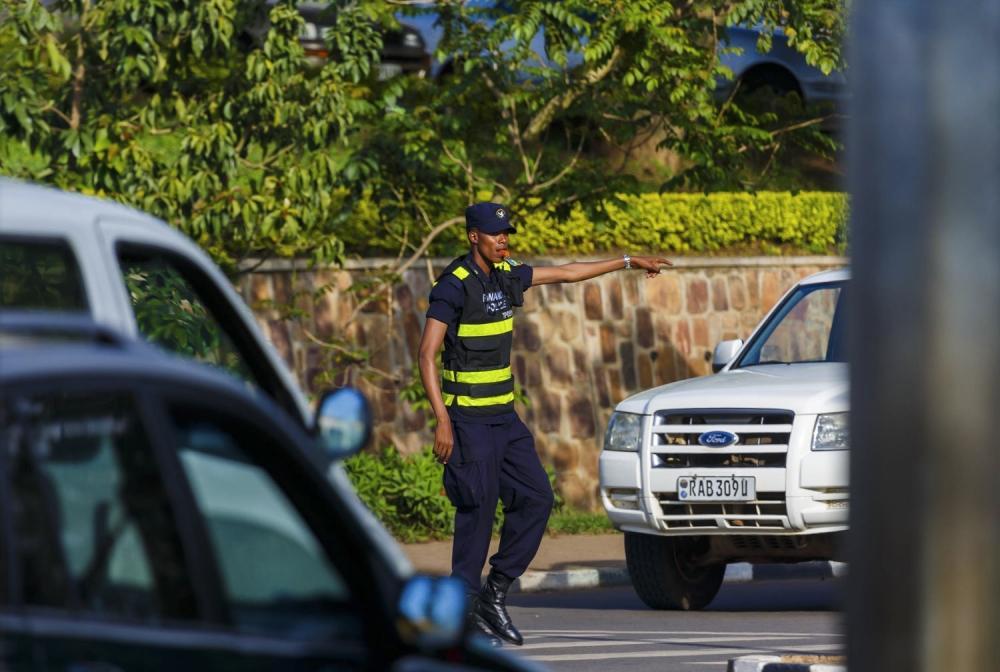Africa-Press – Rwanda. Parliament is reviewing a new draft traffic law that introduces updated measures to improve road safety, strengthen enforcement, and align regulation with the country’s growing transport sector.
Among the key provisions are detailed conditions under which traffic police officers may immobilise vehicles, ensuring that drivers, passengers, and other road users are better protected.
Grounds for immobilisation
The draft law outlines several scenarios where a vehicle may be stopped and immobilised. These include cases where a driver does not hold a valid driving license, or where the vehicle is operating without valid insurance coverage.
Both measures are intended to guarantee that only qualified drivers use the roads and that accident-related costs are properly covered.
Vehicles or their loads that damage road infrastructure or obstruct the smooth flow of traffic also fall under the new provisions. This applies to overloaded vehicles, those that scatter objects or create hazards, and those that endanger other road users.
Environmental and technical compliance
The law places emphasis on environmental and mechanical standards. Vehicles emitting excessive smoke, steam, or other pollutants beyond approved limits may be immobilised to reduce air pollution. Similarly, vehicles with tampered or removed noise-control devices can be stopped to curb noise pollution.
Technical inspections are also reinforced. Vehicles that have not undergone the required inspections, or public transport vehicles operating without the appropriate licenses, may be taken off the road. Compliance with registration rules is equally emphasised, as vehicles without proper plates or with illegal plates are included among the grounds for immobilisation.
Procedures for enforcement
The draft law sets out clear procedures for addressing immobilisation. If the driver lacks a valid license, the vehicle owner may appoint a qualified driver to continue the journey. Where the issue cannot be resolved immediately, the vehicle may be towed to a location chosen by the owner, with strict regulations to ensure safety and accountability in the towing process.
Once the cause of immobilisation has been addressed, qualified officers can authorise the vehicle’s release. If compliance is not achieved, the vehicle may be transferred to an impound site until all legal and technical requirements are fulfilled.
Closing gaps in the old law
The proposed changes are designed to replace the 1987 traffic law, which no longer reflects Rwanda’s transport realities. The previous framework lacked key enforcement tools such as alcohol testing devices, speed cameras, and a demerit point system for tracking driver behavior. It also left gaps after traffic penalties were omitted from the 2018 penal code.
To address these shortcomings, the draft law introduces a merit and demerit point system for driving licenses, standardised regulations for driving schools, and procedures for driving tests. It also sets stronger penalties for violations, enhances vehicle load inspections, and establishes rules for investigating traffic offences.
Towards safer and more accountable roads
Taken together, the proposed reforms represent a significant update to Rwanda’s road traffic framework. By introducing clear procedures for vehicle immobilisation, strengthening compliance requirements, and integrating modern enforcement tools such as speed cameras and alcohol testing devices, the draft law aims to create safer roads, protect public infrastructure, and establish a more accountable driving culture.
For More News And Analysis About Rwanda Follow Africa-Press






